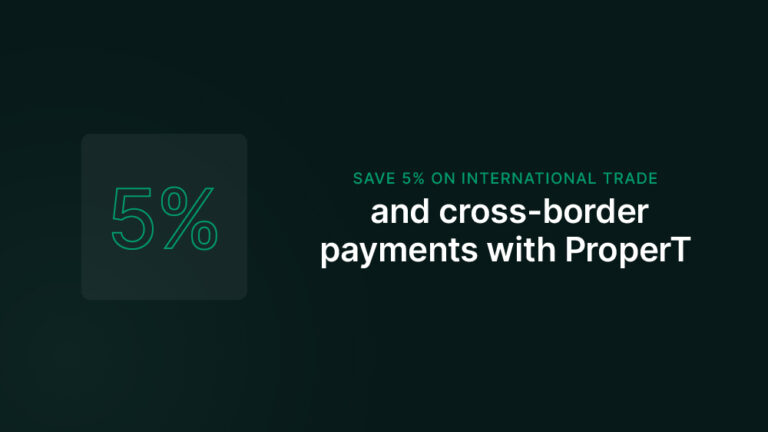In the realm of real estate transactions, security, transparency, and trust are very important. The advent of blockchain technology has brought forth a groundbreaking solution to enhance security in real estate deals. Now, we will explore the role of blockchain in securing real estate transactions, along with some examples that illustrate its transformative impact.
Enhancing Security through Immutable Records:
Blockchain technology, a decentralized and immutable ledger system, plays a main role in securing real estate transactions. Its key characteristics, including transparency, immutability, and cryptographic security, provide a robust foundation for securing property ownership records and preventing fraud and tampering.
One notable example of blockchain’s impact on securing property ownership records is demonstrated by Sweden’s Lantmäteriet, the national land registry authority. By leveraging blockchain, they have successfully implemented a secure system for storing land titles. This initiative has significantly reduced the risk of fraudulent activities, ensuring the integrity of property ownership records.
Facilitating Smart Contracts for Secure Transactions:
Blockchain enables the execution of smart contracts, which are self-executing agreements stored on the blockchain. These contracts automatically enforce predefined terms and conditions, eliminating the need for intermediaries and enhancing the security of real estate transactions.
A prominent example is the use of blockchain-based smart contracts in real estate transactions facilitated by platforms like Qualia. These smart contracts automate and streamline the process of buying and selling properties, ensuring secure and transparent transactions. By removing the reliance on traditional intermediaries, the risk of fraud and errors is substantially reduced, providing a higher level of security for all parties involved.
Improving Due Diligence and Verification:
Blockchain technology provides an efficient and reliable mechanism for verifying property ownership, conducting due diligence, and validating property-related documents. By leveraging blockchain, real estate professionals can access a secure and immutable repository of information, minimizing the risk of fraudulent or inaccurate data.
An example of blockchain’s impact on due diligence and verification can be seen through the OpenTitle project in Cook County, Illinois. By utilizing blockchain, OpenTitle offers a secure platform for verifying property titles, streamlining the due diligence process, and reducing the potential for errors or disputes. This enhanced verification mechanism instills confidence and security in real estate transactions.
Enhancing Investor Protection and Transparency:
Blockchain technology enhances investor protection by providing transparency and visibility into real estate transactions. With a blockchain-based system, investors can track the flow of funds, monitor the progress of projects, and ensure compliance with regulatory requirements, thereby reducing the risk of fraudulent schemes.
An illustrative example is the emergence of blockchain-based real estate crowdfunding platforms such as Provenance. These platforms utilize blockchain to offer investors access to real estate investment opportunities while ensuring transparency in fund allocation, project updates, and returns distribution. The transparency provided by blockchain fosters trust and confidence among investors, safeguarding their interests.
In conclusion blockchain technology has revolutionized the real estate industry by providing enhanced security, transparency, and trust in transactions. Through its immutable records, smart contracts, verification capabilities, and transparency-enhancing features, blockchain has proven to be a game-changer for securing real estate transactions. The examples highlighted, including Sweden’s land registry authority, Qualia, OpenTitle, and Provenance, exemplify the practical implementation of blockchain technology in securing real estate transactions. As blockchain adoption continues to grow, its role in securing real estate transactions will be instrumental in shaping the future of the industry, paving the way for safer, more efficient, and transparent real estate transactions.




